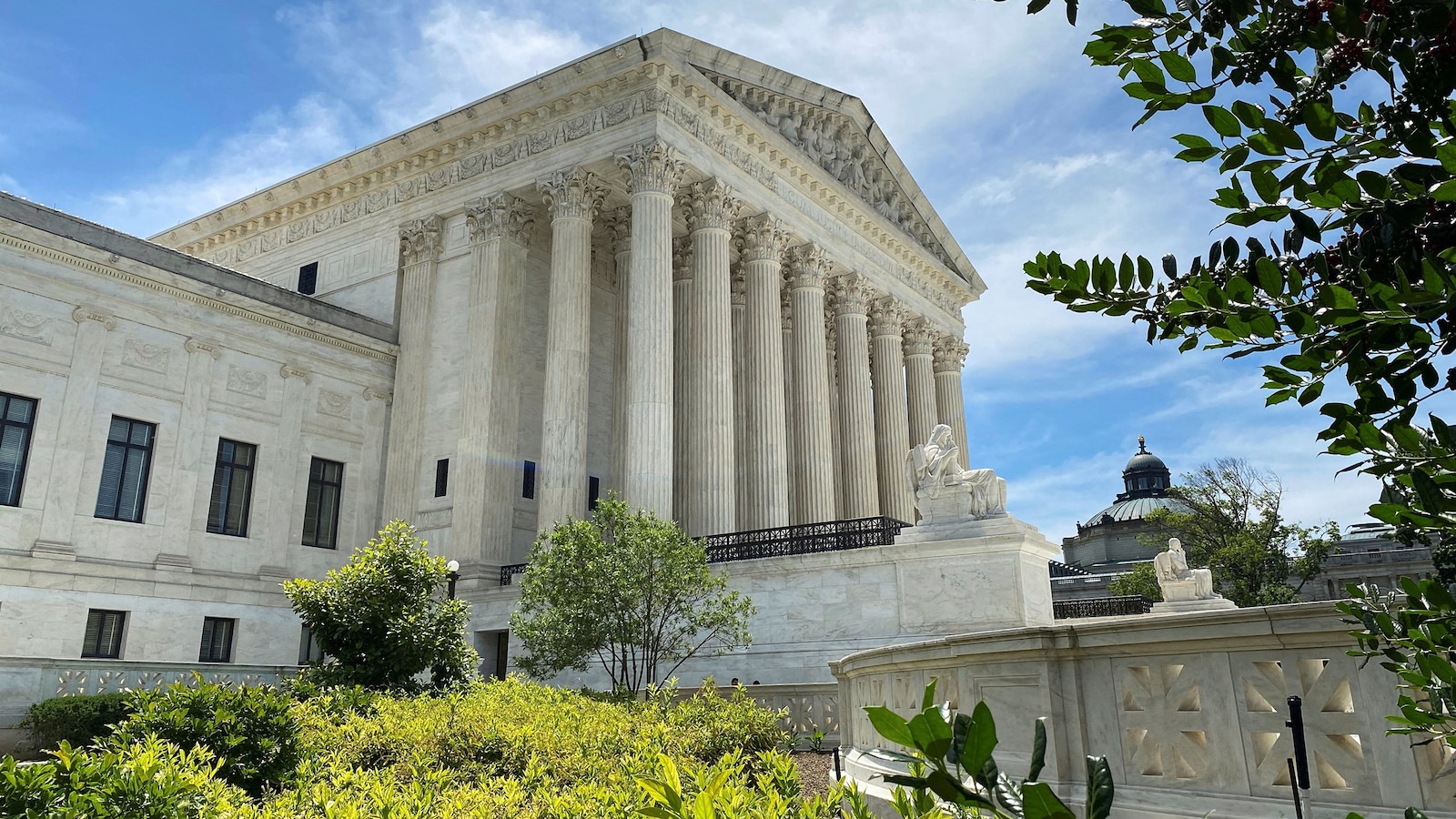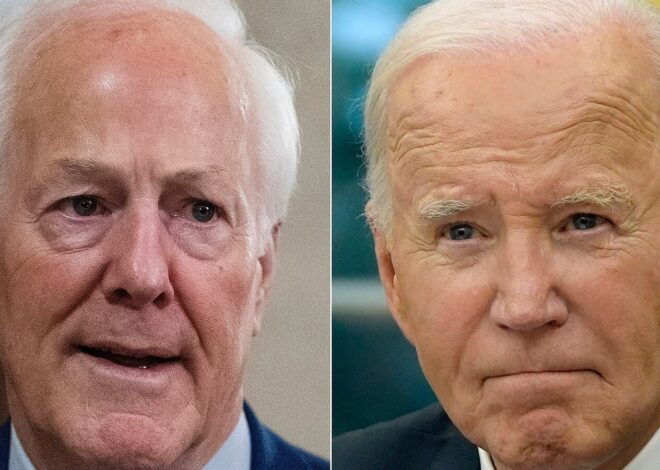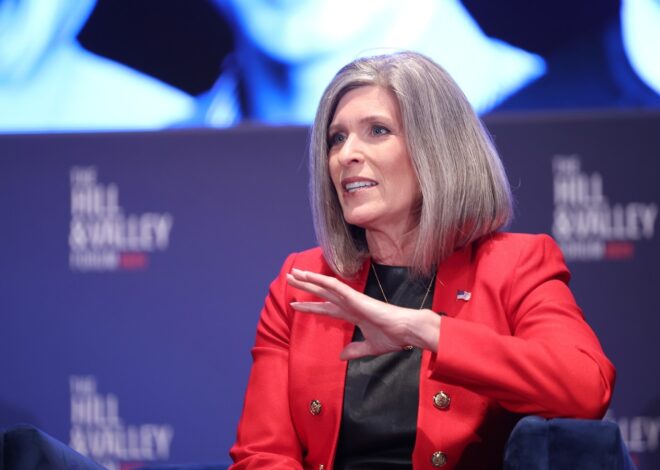
Trump Requests Supreme Court to Lift Judge-Imposed Limits on Third-Country Deportations
A Shifting Landscape in Immigration Policy
Maybe it starts with a headline that whispers rather than shouts: an emergency petition before the U.S. Supreme Court. It’s a tale of migrants, legal battles, and a courtroom drama that seems to never quite resolve itself. The Trump administration is once again at the forefront, pushing to remove procedural barriers in the deportation of immigrants to third countries, such as South Sudan.
The focus of this urgent plea is a recent ruling from Judge Brian Murphy of the District Court of Massachusetts. He issued a nationwide mandate that’s causing ripples, creating what Solicitor General John Sauer terms a “diplomatic and logistical morass.” These are strong words for a conflict that pivots on the intricate dance between legal procedure and human rights.
The case arose from migrants bound for South Sudan who sued, claiming they couldn’t adequately voice fears of torture upon their return. In response, Judge Murphy set forth a preliminary injunction to halt removals unless migrants were notified of their destination, given a window to raise concerns for their safety, and allowed time to contest decisions. It’s a move that the administration sees as an obstacle, threatening the delicate balance of diplomacy and national security. But for the migrants, it’s a brief, perhaps fleeting, protection in a world that seems intent on moving them like pieces on a chessboard.
Judge Murphy’s words linger in the air, “I don’t see how anybody could say that these individuals had a meaningful opportunity to object.” His ruling may have thrown a wrench into the workings of the immigration machinery, yet it underscores a vital point: the necessity of due process, a principle the Supreme Court has repeatedly upheld. Justice demands that even those slated for deportation have their day in court, a chance to speak, to contest their fate.
The Trump administration’s strategy to partner with third countries willing to accept deportees has seen the U.S. sending hundreds to the CECOT prison in El Salvador, regardless of their nationality. This move to outsource immigration responsibilities could be perceived as bold or ruthless, depending on your perspective. The administration argues that its actions align with international obligations, yet Judge Murphy’s injunction challenges this assertion.
It’s not just the logistics of removals that are in contention. The Supreme Court is grappling with broader questions that could reshape immigration policy entirely. The issue of binding nationwide orders by individual judges is on the table, prompted by Trump’s executive order to end birthright citizenship. As the legal world awaits the Court’s decision, one can’t help but feel a sense of anticipation-and perhaps anxiety-about what the future holds.
Legal scholars and immigration experts are divided. The specifics of “notice” and “hearing” vary greatly depending on an immigrant’s circumstances, such as whether they’ve been lawfully admitted or are seeking asylum. These nuances complicate an already tangled web, leaving the courts to decipher the lines between fair process and national interest.
In these turbulent times, the Supreme Court has become a focal point, often thrust into the spotlight to settle the heated debates that stem from evolving policies. The implications of these decisions stretch far beyond the courtroom, touching the lives of countless individuals who find themselves in the crosshairs of a system that’s constantly in flux. Perhaps, it’s a reminder that the journey of justice is ongoing, always adapting to the challenges of the day.
For further reading on this ongoing legal battle, check out this ABC News article.



